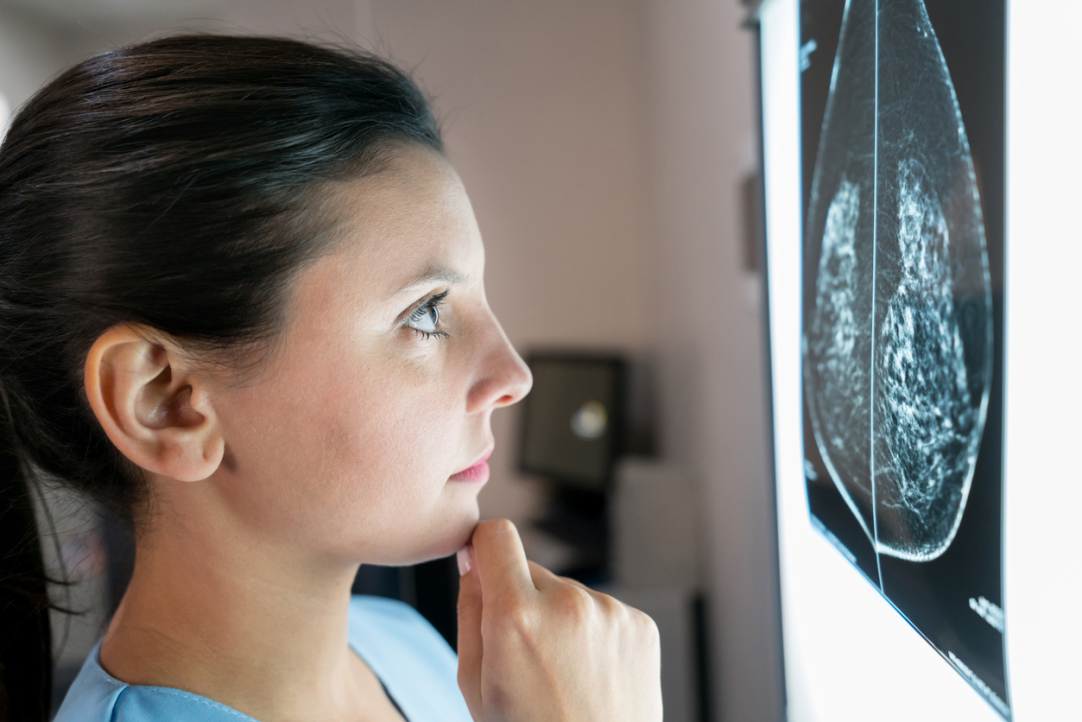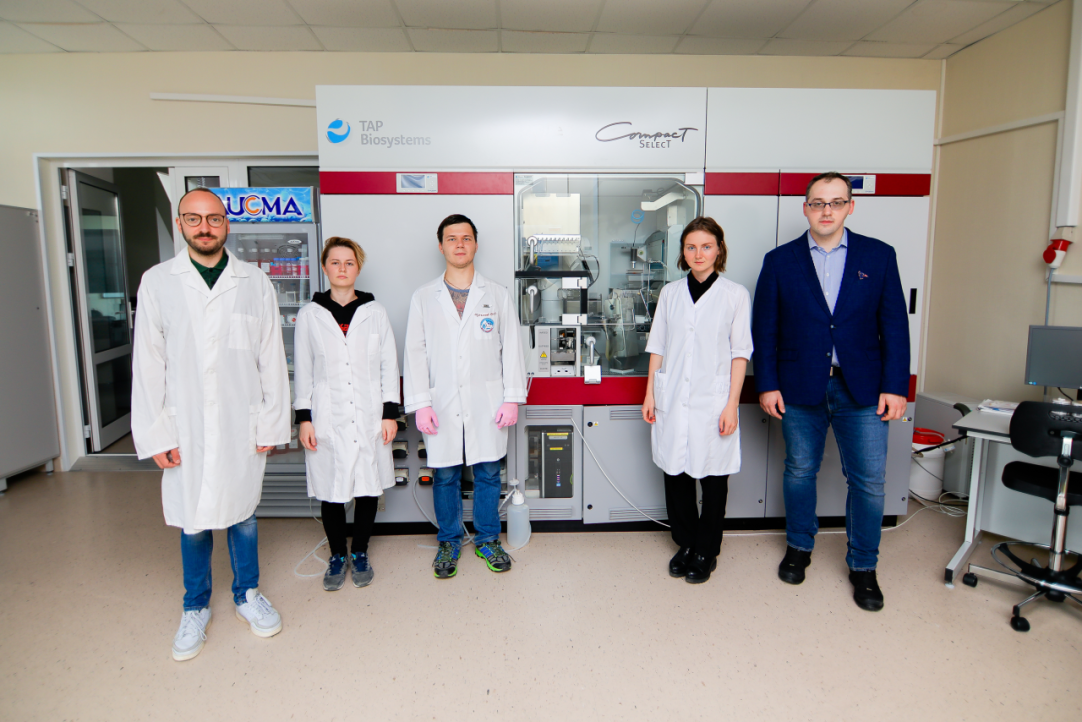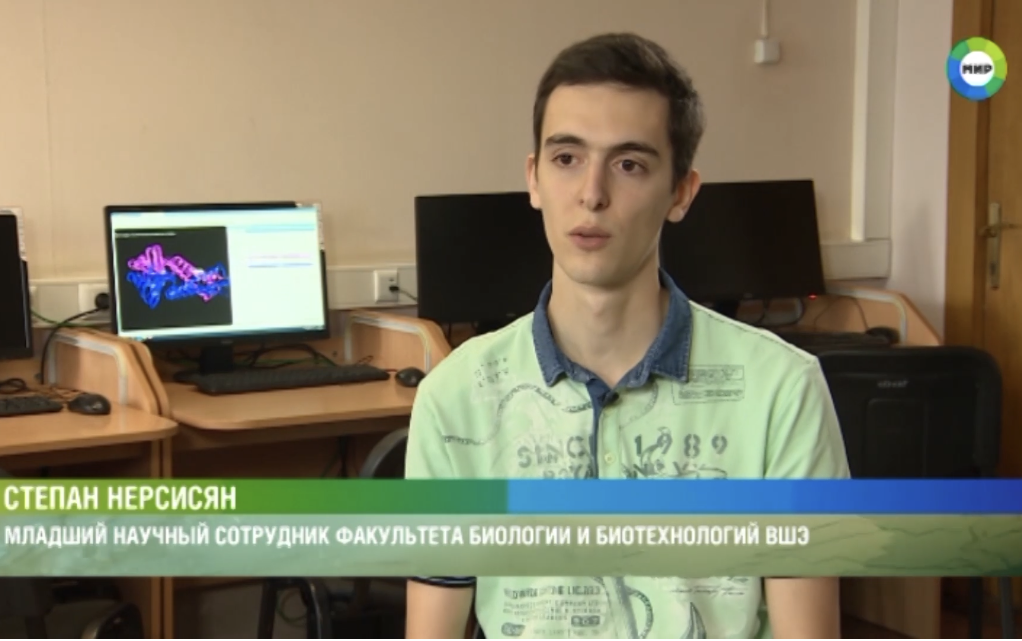
The New RSCI List Now Includes 887 Journals
The Russian Science Citation Index (RSCI) quality assessment and journal selection working group based on Web of Science has completed its updates to the RSCI list. The group particularly considered journals that submitted 219 initiative applications last year. The updated list includes 87 new journals, with 2 journals having been excluded.

Researchers Establish Intracellular Interaction Network in Breast Cancer
HSE University researchers have identified the genes that play a crucial role in breast cancer metastasis. The results of the study were published in the journal PLOS ONE.
.jpg)
Researchers Reveal Genetic Predisposition to Severe COVID-19
HSE University researchers have become the first in the world to discover genetic predisposition to severe COVID-19. The results of the study were published in the journal Frontiers in Immunology.
Frontiers Pharmacology magazine published an article «HIF Prolyl Hydroxylase Inhibitors for COVID-19 Treatment: Pros and Cons»
A collaborative study by a group of scientists from the International Laboratory for Microphysiological Systems has been published that analyzes the potential benefits and challenges of using HIF prolyl hydroxylase inhibitors as a treatment for COVID-19

Higher School of Economics (NRU HSE) researchers with colleagues from the Far Eastern Federal University (FEFU) are creating a test system to study the toxicity of drugs and their permeability through the intestines. Universities equally finance joint research projects within the framework of the Mirror Laboratories competition, initiated by the Higher School of Economics
International Laboratory of Microphysiological Systems of the National Research University Higher School of Economics staff with their colleagues from the Laboratory of Microphysiological Systems from FEFU are going to create an innovative microfluidic test platform "intestines on a chip". With the use of this platform, scientists propose to study in real time the interaction of biologically active molecules with intestinal tissues and assess the toxicity and permeability of drugs through the barrier tissue of the small intestine. Due to this development, it would be possible to move away from ethically questionable and resource-intensive drug testing on animals and humans.

Members of the International Laboratory of Microphysiological Systems and students of the Faculty of Biology and Biotechnology gave an interview to the correspondent of “MIR” TV company on the results of their study of molecules capable to suppress the replication of coronaviruses
Faculty of Biology and Biotechnology researchers in their interview to the correspondent of «MIR» TV company talked about their study on interactions between microRNA molecules and human coronaviruses.
The opening of the Laboratory of Molecular Physiology took place on August 19, 2020
The Molecular Physiology Laboratory is created at the Faculty of Biology and Biotechnology of the Higher School of Economics
